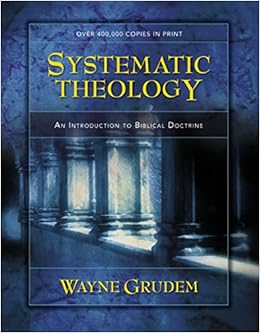There Is One God.
Scripture is abundantly clear that there is one and only one God. The three different persons of the Trinity are one not only in purpose and in agreement on what they think, but they are one in essence, one in their essential nature. In other words, God is only one being. There are not three Gods. There is only one God.
One of the most familiar passages of the Old Testament is Deuteronomy 6:4–5 (NIV): “Hear, O Israel: The LORD our God, the LORD is one. Love the LORD your God with all your heart and with all your soul and with all your strength.”
When Moses sings,
“Who is like you, O LORD, among the gods?
Who is like you, majestic in holiness,
terrible in glorious deeds, doing wonders?” (Ex. 15:11)
the answer obviously is “No one.” God is unique, and there is no one like him and there can be no one like him. In fact, Solomon prays “that all the peoples of the earth may know that the LORD is God; there is no other” (1 Kings 8:60).
When God speaks, he repeatedly makes it clear that he is the only true God; the idea that there are three Gods to be worshiped rather than one would be unthinkable in the light of these extremely strong statements. God alone is the one true God and there is no one like him. When he speaks, he alone is speaking—he is not speaking as one God among three who are to be worshiped. He says:
“I am the LORD, and there is no other,
besides me there is no God;
I gird you, though you do not know me,
that men may know, from the rising of the sun
and from the west, that there is none besides me;
I am the LORD, and there is no other.” (Isa. 45:5–6)
Similarly, he calls everyone on earth to turn to him:
There is no other god besides me,
a righteous God and a Savior;
there is none besides me.
“Turn to me and be saved,
all the ends of the earth!
For I am God, and there is no other.”
(Isa. 45:21–22; cf. 44:6–8)
The New Testament also affirms that there is one God. Paul writes, “For there is one God and there is one mediator between God and men, the man Christ Jesus” (1 Tim. 2:5). Paul affirms that “God is one” (Rom. 3:30), and that “there is one God, the Father, from whom are all things and for whom we exist” (1 Cor. 8:6)
Grudem, W. A. (2004). Systematic theology: an introduction to biblical doctrine (pp. 238–239). Leicester, England; Grand Rapids, MI: Inter-Varsity Press; Zondervan Pub. House.


Comments